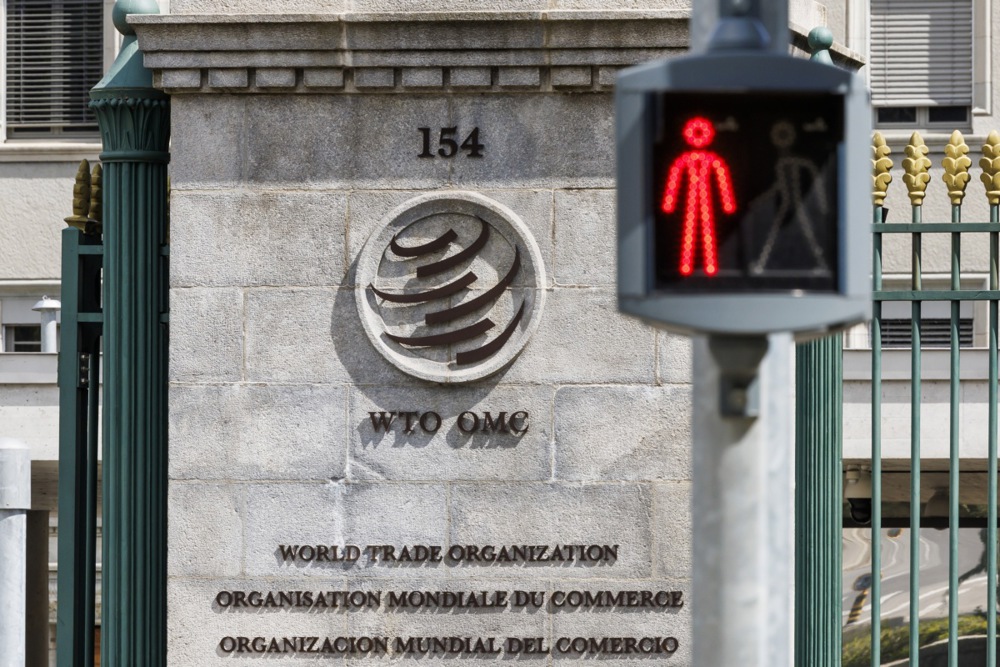The European Union’s Right to Repair legislation does not include the products that consumers repair most often, such as PCs and games consoles, activists said at an event in Brussels on October 15.
Many items brought to repair shops are not covered under the current regulations, campaigners said.
“Data tell us that 96 per cent of products seen at community repair events are not covered in EU right-to-repair legislation,” Restart Project co-founder Ugo Vallauri said.
Of the most frequently repaired products, only vacuum cleaners, flat screens, mobile devices and tablets were covered by EU legislation, according to data provided by Vallauri.

The Open Repair Alliance highlighted significant barriers still prevent effective repairs across the EU in a report published on October 15.
In 25 per cent of cases, spare parts were unavailable. In 18 per cent, the parts were too expensive. In a further 16 per cent, the products were designed in a way that made them impossible to open.
Furthermore, 12 per cent of repair attempts failed due to missing repair information, despite requirements in EU law.
The EU Right to Repair Directive was intended to guarantee consumer access to spare parts, tools, and repair information. It also aimed to provide incentives for repairing, such as repair vouchers and funding.
However, activists argued these measures were insufficient.
The high cost of spare parts often made purchasing new products more affordable than repairing existing ones, they said.
“Some products are simply not economically repairable,” said Thomas Opsomer from iFixit, one of the speakers at the event.
Under current EU legislation, manufacturers are required to repair consumer goods either free of charge or at a reasonable cost.
However, activists argue that the absence of a clear definition of “reasonable” prevented consumers from pursuing legal action when repair costs were excessively high.
“It is hard to enact when we don’t have a definition. Without it is a dead letter”, said Opsomer.
Ada Preziosi, a legal officer from the European Commission, acknowledged the difficulty in defining what constituted a reasonable price, since interpretations varied between products and member states.
She suggested financial incentives for repairs could help bypass this issue.
“A reasonable price should not deter repair. While the Right to Repair Directive doesn’t define it, case law and member states can, and should, adopt repair incentives,” Preziosi said.
European Commissioner Didier Reynders conceded the EU needed to work toward a more comprehensive framework.
“The Right to Repair Directive ensures consumers have access to repair information and guarantees, but the community demands more. We need to expand the scope and improve implementation,” Reynders said.





